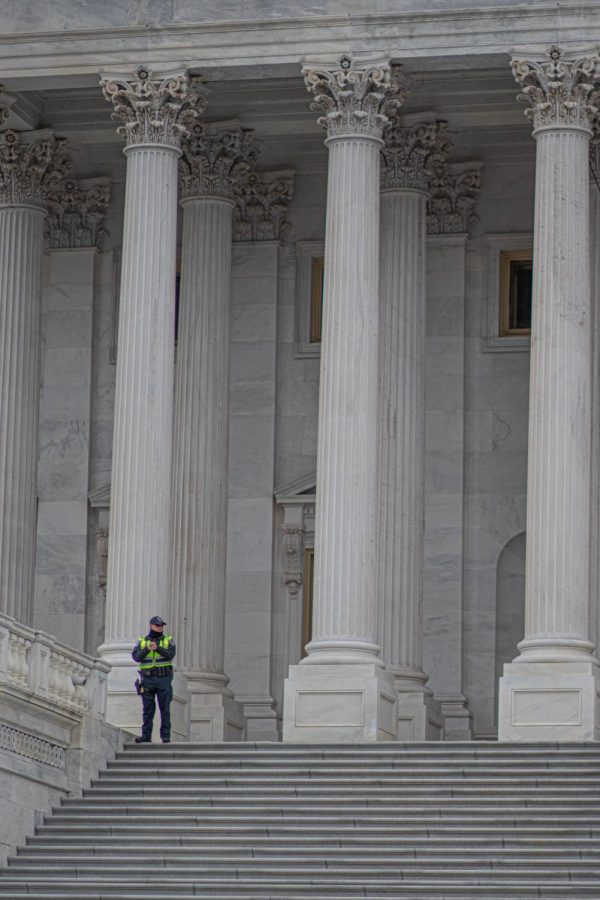The Looming Threat for Same-Sex Marriage
(Note: This article is categorized as an Op-Ed. As such, all opinions are that of staff writer Kelsey Byrd’s, and do not reflect the ideas or thoughts of Memorial High School nor the MHS Journalism staff team as a whole.)
“But it is quite another when the court forces that choice upon society through its atextual constitutional rights and its ungenerous interpretation of the Free Exercise Clause, leaving those with religious objections in the lurch.” That’s judge talk for not good. These are the scathing words written by Supreme Court Justice Clarence Thomas on the 2015 Supreme Court decision to legalize same-sex marriage during the Obergefell v. Hodges case. While seemingly just the ranting of a piously opposed figurehead, the implications of this statement, produced with fellow Supreme Court Justice Samuel Alito, are astronomical. Because if you get past the elevated vocabulary and legal syntax, you’ll find a message that threatens the very foundation of marriage equality in America.
Just as the Supreme Court rejected to hear an appeal from Kim Davis, the religous Kentuckian who rose to noterety after she refused to give same-sex couples marraige licenses, the aforementioned letter was published. This odd parallel of both vouching and dismissing gay rights is a move deeply reflective of the political division now clouding the most powerful court. In fact, the brink of a new president has brought the conversation of the Supreme Court into the spotlight. While President Trump wishes to proceed with the nomination of Amy Coney Barett in the spot left by the late Ruth Bader Ginsburg, Democrats are equally diligent in their rush to stop this from happening. But what does the tug-of-war for the Supreme Court mean for the protection of marriage equality? The answer to that is everything.
With the tragic loss of Ruth Bader Ginsburg, the Supreme Court has lost one of it’s most prominent liberal presences and is now that much more open to the Republican priority on filling the vacancies with staunch conservatives. Prior to the death of Ginsburg, Ian Millhiser wrote in an article for Vox the imminent dangers of such a scenario. “The Court has already moved significantly to the right since it handed down some decisions protecting LGBTQ rights, limiting police surveillance, and preserving much of Obamacare, among many many other things. If Trump fills a seat currently held by a liberal justice, those decisions are potentially in rave danger,” Millhiser wrote.
Like many aspects of the future, the direction the Supreme Court will take is both frustratingly uncertain and entirely dependable on the impending election. Regardless of where one’s political allegiance lies, the appointment of Supreme Court Justices is beyond impactful on any array of issues. From the mundane to the nationally profound problems that plague our country, they are placed in the hands of those in the Supreme Court. And if we’re not careful, they could very well be placed in the wrong hands.


